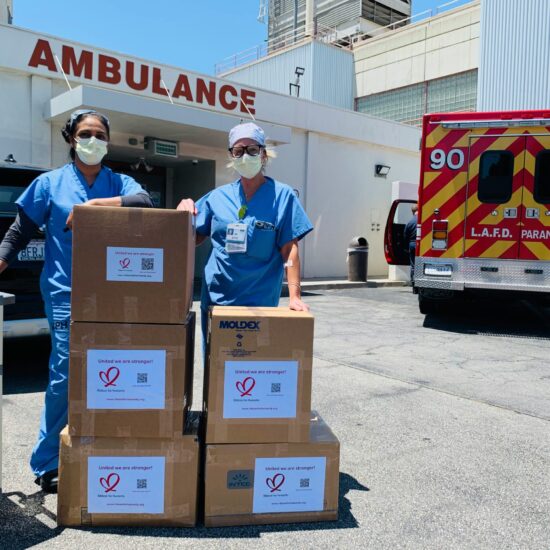Claudette Newsome celebrated part of her 10-year-old daughter’s birthday and Obamacare in intermittent rain this morning in front of U.S. Supreme Court. Previously uninsured, Newsome traveled from Houston to the nation’s capital with Zoe and her 14-year-old daughter, Alexandria, as part of a group of Texans determined to protect their health-care coverage.
Inside, the justices picked holes in arguments for both sides of King vs. Burwell, the latest of many challenges to the Patient Protection and Affordable Care Act (ACA). By late June, the Supreme Court is expected to decide on the case, which threatens to destabilize Obamacare and impact coverage for nearly 8 million Americans.
The case is essentially a war of words over legislative intent. The plaintiffs question whether the wording in various sections of the ACA really means people should be eligible for tax credits to subsidize the cost of health care purchased through federal exchanges or only through state-run exchanges.
“The choice the state had was establish your own exchange or let the federal government establish it for you,” Justice Sonia Sotomayor reminded the plaintiffs’ attorney, Michael A. Carvin. Roughly three dozen states refused to set up exchanges, including Virginia, the home state of David King and the other plaintiffs.
Because of the federal exchange in Virginia, the plaintiffs contend that they can’t get out of buying health insurance unless they’re willing to pay a tax penalty. The subsidy, which averages $268 nationally, combined with discounted coverage makes them ineligible for the ACA’s unaffordability, or hardship, exemption. However, questions still surround the status of the four plaintiffs.
If the Supreme Court sides with them, it will drive up the cost of insurance and end subsidies for 87 percent of people insured through federal exchanges, according to Avalere Health, which conducts business and policy analysis.
“We’re going to have the death spiral that this system was created to avoid,” Sotomayor said. “States are obligated, insurers are obligated to make sure that in their states — whether they’re part of this program or not — that they have guaranteed coverage.” (continue reading here).









